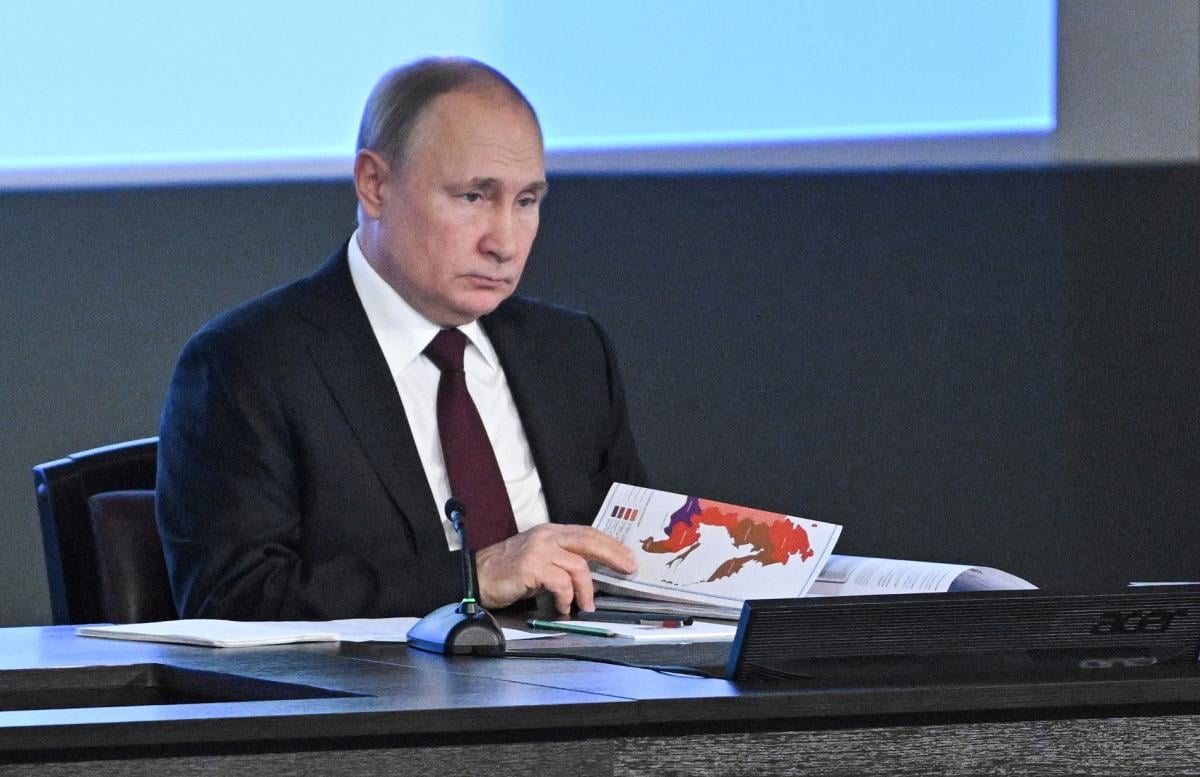
No matter how the war in Ukraine ultimately concludes, Russia has already suffered a strategic defeat. In the long run, its internal and external situation will be worse than it was before the war. This is stated in an opinion piece for Foreign Policy by Rajan Menon, a senior research scholar at the Defense Priorities think tank and Columbia University (USA).
In his view, the full-scale Russian invasion of Ukraine in February 2022 had two main objectives. First, to annex as much territory of Ukraine as possible to Russia, ideally most of the right bank, and to install a pro-Russian puppet government in Kyiv. The second, broader goal of the invasion was to leverage these gains to alter the European balance of power in favor of Moscow.
The analyst is convinced that despite the successes of the Russian army in 2024, Putin will not be able to achieve even one strategic objective. Menon does not consider the occupation of already captured territories to be a strategic success for Russia.
According to the analyst, this invasion has definitively alienated Ukraine from Russia, and it will never again pursue close cooperation with its northern neighbor. "Ukrainian identity is now defined by the desire to have as little in common with Russia as possible," Menon notes.
The analyst is certain that as a result of the war, NATO doors will inevitably close for Kyiv. However, Ukraine will continue to deepen its military-technical ties with the West, albeit in different formats.
"Collectively, these events indicate that regardless of the outcome of the war, Putin will not achieve his primary goal of keeping Ukraine within Russia's sphere of influence. The conflict will also leave Russia in a poorer position in other respects," the expert observes.
Menon emphasizes that in 2022, Ukraine's NATO membership was no closer than it was in 2008. Therefore, Putin's invasion did not fundamentally change anything. Instead, he provoked Sweden and Finland to join NATO, countries that previously showed no interest in the alliance. Meanwhile, the rest of Europe significantly increased its defense spending.
At the same time, Russia itself has lost not only 700,000 soldiers, with over 100,000 killed, but also nearly all usable military equipment reserves. It will take many years to rebuild these stocks.
Among Russia's economic losses, the most significant is the loss of the European market for its oil and gas, which accounted for three-quarters of Russian natural gas exports. The analyst believes that Russia will not be able to return to this market in the near future.
In this context, cooperation with China has become a forced and vital necessity for Moscow, whereas for Beijing, it is not. Hence, Russia is effectively turning into a dependent junior partner in this duo.
In conclusion, Rajan Menon acknowledges that the realities on the battlefield do not provide Ukraine with favorable conditions for ending the war. However, he believes that Russia will not emerge as a victor either.
"Putin's war has failed to secure predominant influence in Ukraine and a stronger long-term position in Europe, leaving Russia in a worse situation in the long run. Both internally and externally," the analyst writes.
The War in Ukraine: Future Prospects
As reported by UNIAN, Russia spends twice as much on financing the war against Ukraine as everyone thinks. In addition to official federal budget expenses, defense financing is carried out through preferential loans to military factories. The scale of this phenomenon is such that Russia is already on the brink of financial collapse. If the war drags on, the financial-banking sector of the Russian Federation may simply implode.
We also reported that the Trump team considers the scenario in which Russian soldiers completely leave all of Ukraine's territory to be unrealistic.